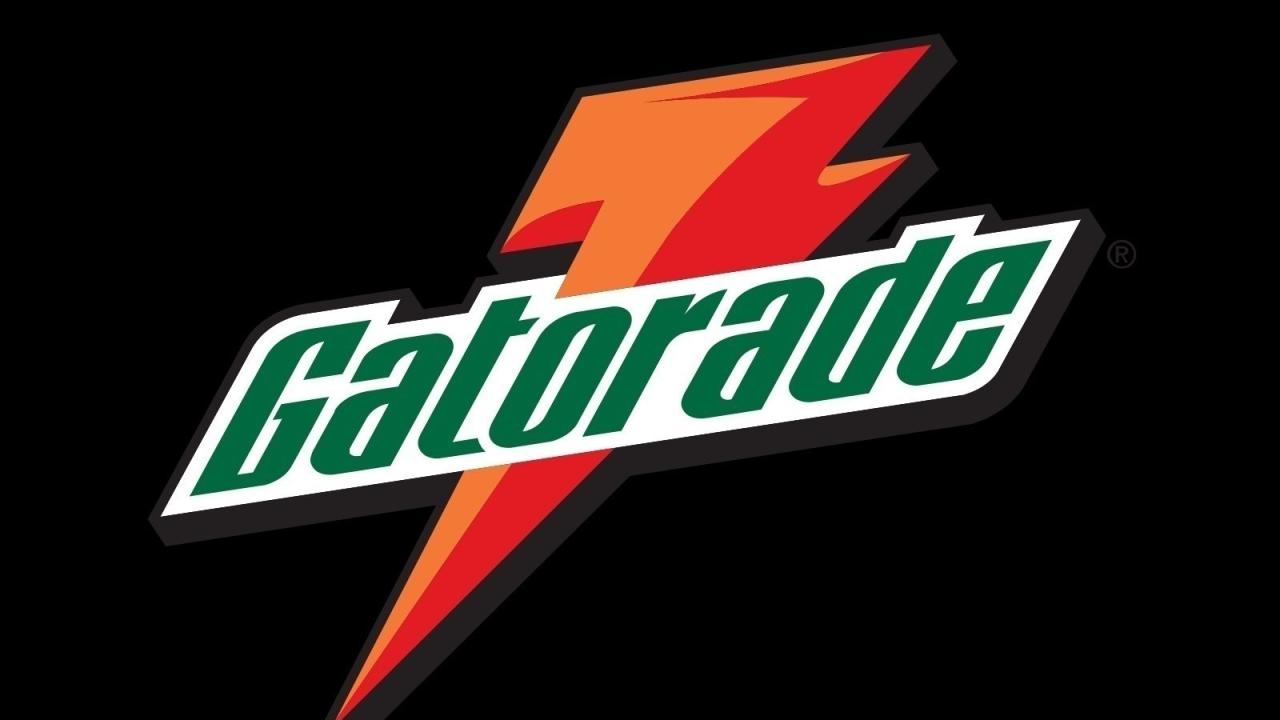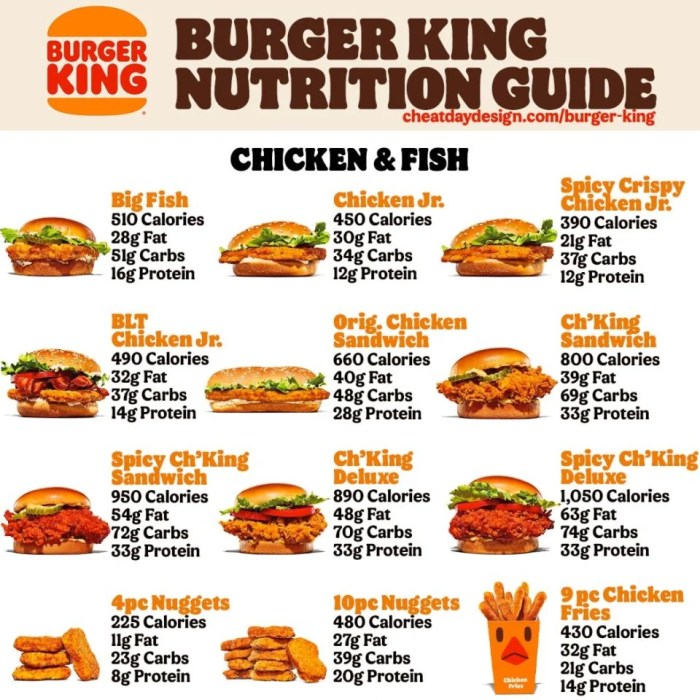Burger King Cotton Candy Drink: Burger King Cotton Candy Drink Nutrition Facts
Burger king cotton candy drink nutrition facts – A fleeting sweetness, a sugary dream, the Burger King cotton candy drink – a vibrant splash of artificial bliss, quickly fading, leaving only a lingering echo of what once was. Its ephemeral nature mirrors the fleeting joy it provides, a temporary escape from the mundane, ultimately leaving a bittersweet aftertaste.
Ingredient Breakdown of the Burger King Cotton Candy Drink
Precise ingredient quantities for the Burger King cotton candy drink are not publicly released by the company, a guarded secret much like the recipe for Coca-Cola. However, based on its taste and appearance, we can deduce a likely composition. The drink’s vibrant pink hue suggests artificial coloring, likely Red 40 or similar. The intense sweetness points towards a high concentration of sugar, likely high-fructose corn syrup, sucrose, or a combination of both.
So, you’re checking out the Burger King cotton candy drink nutrition facts? You might be surprised by the sugar rush. Want a comparison? Check out the nutrition facts for apple jacks nutrition facts for apple jacks , another sugary treat. Then you can really see how the BK drink stacks up – seriously, it’s a wild ride of calories and sugar.
Artificial flavorings mimic the cotton candy essence, and preservatives ensure a longer shelf life. Carbonated water forms the base of this sugary concoction. Finally, there might be added citric acid for tartness and other minor additives to enhance texture and stability.
| Ingredient Name | Quantity (Estimated) | Potential Health Impact |
|---|---|---|
| Carbonated Water | Majority | Hydration, but contributes minimal nutritional value. |
| High-Fructose Corn Syrup/Sucrose | High | Significant source of empty calories, linked to weight gain, type 2 diabetes, and other health problems. |
| Artificial Flavorings | Variable | Potential for allergic reactions in sensitive individuals; long-term effects are not fully understood. |
| Artificial Colors (e.g., Red 40) | Small | Potential for hyperactivity in children; some studies link certain artificial colors to behavioral issues. |
| Preservatives | Small | Extend shelf life but may have potential long-term health implications, though research is ongoing. |
| Citric Acid | Small | Adds tartness; generally considered safe in moderate amounts. |
Comparison to Similar Sugary Drinks, Burger king cotton candy drink nutrition facts
The Burger King cotton candy drink shares a family resemblance with similar sugary beverages offered by other fast-food chains. Many contain similar artificial flavorings, high-fructose corn syrup, and artificial colors. McDonald’s McFlurry, for instance, utilizes a similar high-sugar base, albeit with different flavor profiles. Starbucks Frappuccinos, while offering more varied flavors, often rely on heavy sugar content and artificial ingredients.
The common thread among these drinks is their reliance on readily available, inexpensive, and highly palatable ingredients that maximize sweetness and profit, often at the expense of nutritional value.
Sources of Sugar and Artificial Sweeteners
The primary source of sweetness in the Burger King cotton candy drink is likely a combination of high-fructose corn syrup and sucrose. High-fructose corn syrup is prevalent in many processed foods due to its low cost and intense sweetness. Sucrose, or table sugar, adds to the overall sweetness. The exact ratio of these sugars remains undisclosed, contributing to the drink’s intensely sweet profile.
While the drink may not contain artificial sweeteners in the traditional sense (like aspartame or sucralose), the artificial flavorings themselves often contain sweeteners or sugar alcohols to enhance their taste profile, adding to the overall sugar content. This complex interplay of sugars and artificial components creates a beverage that is both intensely appealing and potentially detrimental to long-term health.
Nutritional Content Analysis

A sugary mirage, a fleeting burst of sweetness, the Burger King Cotton Candy Freeze leaves a lingering aftertaste – not just on the palate, but on the conscience. Its vibrant hues promise a joyful experience, yet the nutritional reality unfolds with a melancholic undercurrent. Let’s delve into the composition of this ephemeral delight, examining the ingredients that contribute to its captivating charm and its potential impact on our well-being.
The nutritional profile of the Burger King Cotton Candy Freeze, like a forgotten melody, is a complex arrangement of highs and lows. While offering a temporary escape, it’s crucial to understand the balance, or rather, the imbalance, within its composition.
Macronutrient Composition and Daily Values
A standard serving size of the Burger King Cotton Candy Freeze typically contains a substantial amount of calories, predominantly derived from sugars. The precise figures vary slightly depending on the size of the serving, but a large serving might contain upwards of 600 calories, a significant portion of the recommended daily intake for many individuals. Carbohydrates make up the bulk of these calories, largely in the form of added sugars.
Protein and fat content are minimal, contributing negligibly to the overall nutritional value.
Considering the high sugar content, the percentage of the recommended daily value for carbohydrates in a single serving is alarmingly high, often exceeding 100%. The negligible amounts of protein and fat contribute insignificantly to the daily recommended values.
Micronutrient Profile
The micronutrient content of the Burger King Cotton Candy Freeze, much like a fading photograph, is barely perceptible. While it may contain trace amounts of certain vitamins and minerals, these are generally insignificant in comparison to the overwhelming sugar content. Any potential benefits derived from these micronutrients are overshadowed by the substantial health concerns associated with excessive sugar consumption.
Key Nutritional Aspects and Potential Health Concerns
The nutritional profile of the Burger King Cotton Candy Freeze presents a poignant reflection on the modern food landscape. Its ephemeral pleasure comes at a cost. The high sugar content poses significant health risks, potentially contributing to weight gain, type 2 diabetes, and dental problems. The lack of essential nutrients further underscores its limited nutritional value.
- Extremely high sugar content, significantly exceeding recommended daily intake.
- Minimal protein and fat content, offering little nutritional value.
- Negligible amounts of essential vitamins and minerals.
- Potential for contributing to weight gain, type 2 diabetes, and dental issues due to high sugar levels.
- Limited satiety, potentially leading to increased calorie consumption.
Comparative Analysis with Other Beverages

A sugary symphony, a bittersweet ballet of calories and contentment, the Burger King cotton candy drink dances on the tongue, a fleeting pleasure leaving behind a lingering aftertaste of reflection. Let us compare its nutritional profile to the other sugary serenades offered in the fast-food kingdom. The numbers, stark and unforgiving, tell a story of choices and consequences.
The following table offers a glimpse into the caloric and saccharine landscapes of various popular beverages. Note that exact nutritional values may vary slightly depending on serving size and specific formulations.
Nutritional Comparison of Sugary Beverages
| Drink Name | Calories (approx.) | Sugar (grams, approx.) | Other Notable Nutrients |
|---|---|---|---|
| Burger King Cotton Candy Drink (medium) | 300 | 75 | High in carbohydrates, negligible protein and fat. |
| Burger King Coca-Cola (medium) | 210 | 54 | High in carbohydrates, negligible protein and fat, contains caffeine and phosphoric acid. |
| Burger King Orange Juice (medium) | 150 | 35 | Source of Vitamin C, high in carbohydrates, relatively low in fat and protein. |
| Generic Soda (medium) | 200-250 | 50-65 | High in carbohydrates, negligible protein and fat, may contain artificial sweeteners and colors. |
The stark contrast between the cotton candy drink and even the orange juice highlights the sheer volume of sugar present in many popular choices. While the orange juice provides some vitamin C, the excessive sugar in all these options poses a considerable health risk.
Health Implications of Regular Consumption
Regular consumption of these high-sugar beverages is linked to a multitude of health problems. The excessive sugar intake contributes to weight gain, increasing the risk of type 2 diabetes, heart disease, and certain types of cancer. The lack of essential nutrients further compounds these risks. These drinks offer fleeting pleasure, a momentary escape, but the long-term consequences can be a heavy price to pay.
A melancholic reflection on the fleeting sweetness, the shadow of future health concerns looms large. The choice, always, is ours.
Essential Questionnaire
Is the Burger King cotton candy drink suitable for diabetics?
No, due to its high sugar content, it’s not recommended for diabetics or individuals managing blood sugar levels. Consult your doctor or a registered dietitian for personalized advice.
Does the drink contain artificial colors or flavors?
This information isn’t always readily available. Check the official Burger King website or the nutrition facts label on the cup for a complete ingredient list.
Are there healthier alternatives at Burger King?
Yes, consider opting for water, unsweetened tea, or diet sodas as healthier alternatives. Many locations also offer fruit-based drinks with lower sugar content.


